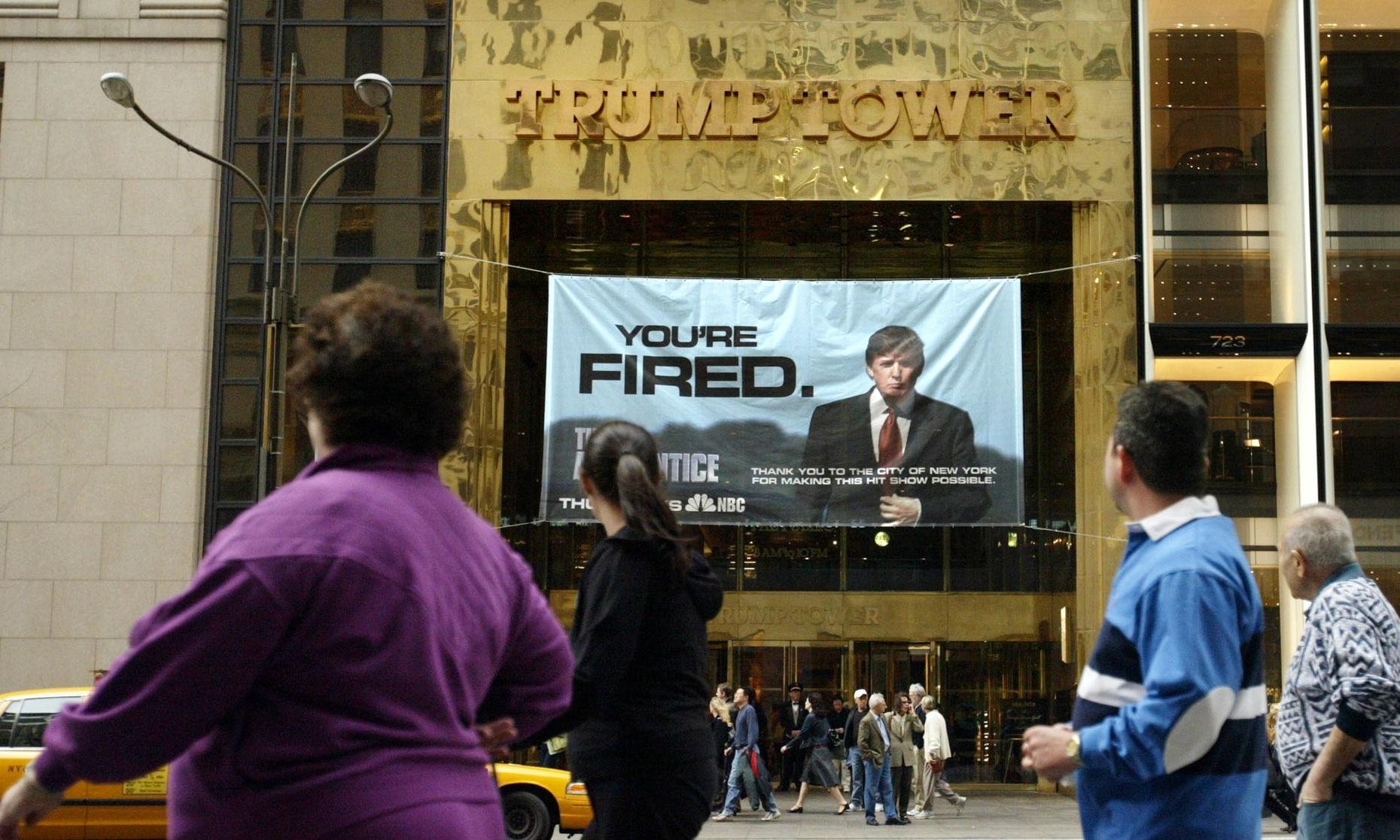Neal Gabler on the Presidency as a Performance
The line between show business and politics has been blurring for decades, and the apotheosis of that is Donald Trump — the former reality TV star and pro-wrestling impresario — being elected president. Neal Gabler addresses this trend in a book called, appropriately enough, “Life: The Movie: How Entertainment Conquered Reality.” He talked to Kurt about how the merging of government and entertainment led to the 2016 election.
(Originally aired September 29, 2016)Kurt Andersen: Reagan was of course the first time we elected an actor, a professional Hollywood actor as president.
Neal Gabler: Ronald Reagan was the first president who really understood that stagecraft wasn’t just a part of the political process. After all, Franklin Roosevelt understood stagecraft. He knew how to deploy it. Ronald Reagan was the first president who understood that stagecraft is the presidency. And the president wasn’t really a politician, he was an actor.
And that notion of “It’s Morning in America” — his famous ad from 1984— he wanted to be the president of “feel good.” And that’s what movies generally do — not all movies obviously — but movies often leave us the sense that all is right with the world.
Who wouldn’t want to go see a movie where it says, “Americans, it’s morning in America. Aren’t you happy?” I mean, you want to enter that theater. Reagan understood that if he could make Americans feel that way, it didn’t make any difference what he did in terms of substantive policy. That policy fell by the wayside in terms of this larger psychological impulse that he could generate. He’d internalized the movies. He’d internalized entertainment. He lived within it. It had in some ways colonized his own brain.
If Donald Trump becomes President Trump, what will the implications be in terms of the performative show business aspect of the presidency?
Well, we’re going to have a presidency that follows the contours of Reagan in the sense that it’s going to be a movie. But the movie is a very, very different movie than the one that Ronald Reagan presented, which was a genial uplifting kind of film. You know, this would be four years of a very angry, resentful kind of movie. When you see vengeance on the screen, it’s on the screen, and it stays there. Vengeance in real life, in the office of the presidency, is another thing entirely.
Fifty years from now historians are going to look at this period, and they’re going to be scratching their heads and wondering, “How in the world did this happen?” And the answer will be entertainment. That’s how it happened.
